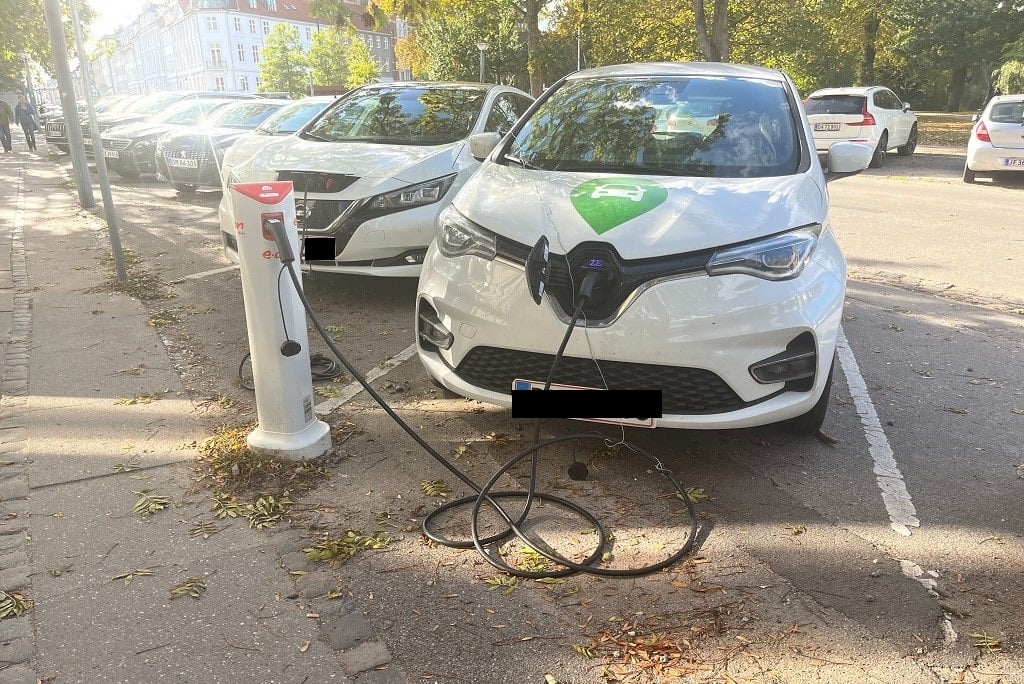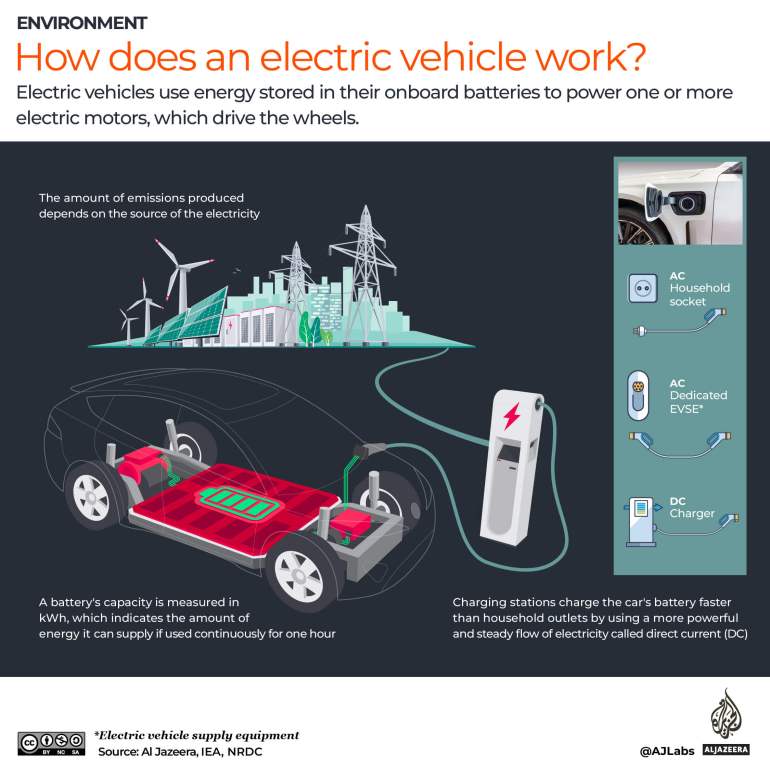
- Electric vehicle sales have tripled over the past three years.
- For every 20 new cars sold around the world in 2022, three were electric.
- Government policies and stricter emissions standards have helped accelerate the adoption of electric cars.
- For climate change news and analysis, go to News24 Climate Future.
Electric vehicle (EV) sales have tripled over the past three years, from nearly three million new electric cars sold worldwide in 2020 to 10 million last year.
To put that figure into perspective, for every 20 new cars sold around the world in 2022, three were electric.
Government policies and stricter emissions standards have helped accelerate the adoption of electric cars. By the end of 2023, the International Energy Agency (IEA) projects that some 14 million electric cars will be sold this year – a 35% increase from 2022.
The table below summarises electric vehicle sales and trends from 2010 to 2022 among nine countries.

(Al Jazeera)
China leads global electric vehicle sales
China accounts for more than half (58%) of all new electric cars sold worldwide.
According to the IEA, over the course of 2022, 5.9 million new electric vehicles were sold across the country – a more than 80% increase compared with 2021. China's Association of Automobile Manufacturers put sales figures even higher at seven million vehicles.
Chinese car manufacturers, including BYD (Build Your Dreams) and SAIC-GM-Wuling, have dedicated themselves to producing affordable and efficient electric cars and are now major automobile producers and exporters.
READ | Toyota bets on hybrid vehicles for SA - due to load shedding, pricing
With China being the world's largest car market, the rapid growth of electric car sales is expected to help reduce the country's carbon dioxide emissions – which are also the highest in the world.
As a percentage of total car sales, nearly one in three new cars (29%) sold in China are electric, compared with 21% in Europe, 8% in the United States, and about 2% across the rest of the world.

How do electric vehicles work?
Electric vehicles use energy stored in their onboard batteries to power one or more electric motors, which drive the wheels.
Using a specific connector, the battery can be recharged by plugging the vehicle into a charging station or an electrical wall outlet. A battery's capacity is measured in kilowatt-hours (kWh), indicating the energy it can supply if used continuously for one hour.
Charging stations use direct current (DC) to provide a steady and more powerful flow of electricity, enabling them to charge the car's battery much faster than a standard alternating current (AC) outlet found in households.
EVs produce zero emissions while running. The level of emissions varies depending on the source. Renewable sources such as wind or solar power generate low emissions, and coal, gas and oil have higher emissions.
 (Al Jazeera)
(Al Jazeera)What minerals are used in electric vehicles?
At the heart of every electric vehicle is its battery. Most plug-in hybrids and fully-electric vehicles use lithium-ion batteries, which are lightweight and energy dense.
When compared with conventional cars, EVs require significantly more minerals to produce. To illustrate these differences, according to the IEA, besides steel and aluminium, it takes more than 200kg of minerals to produce an electric car carrying a single 75kWh NMC (nickel-manganese-cobalt) battery. An equivalent traditional car would require about 34kg of minerals to produce.
In addition to copper and manganese, which are present in both traditional and electric vehicles, the batteries and motors of electric vehicles also rely on significant quantities of graphite, nickel, cobalt, lithium, and rare earth – for which the extraction is often marred by environmental contamination and worker exploitation in the Global South.





 Publications
Publications
 Partners
Partners












